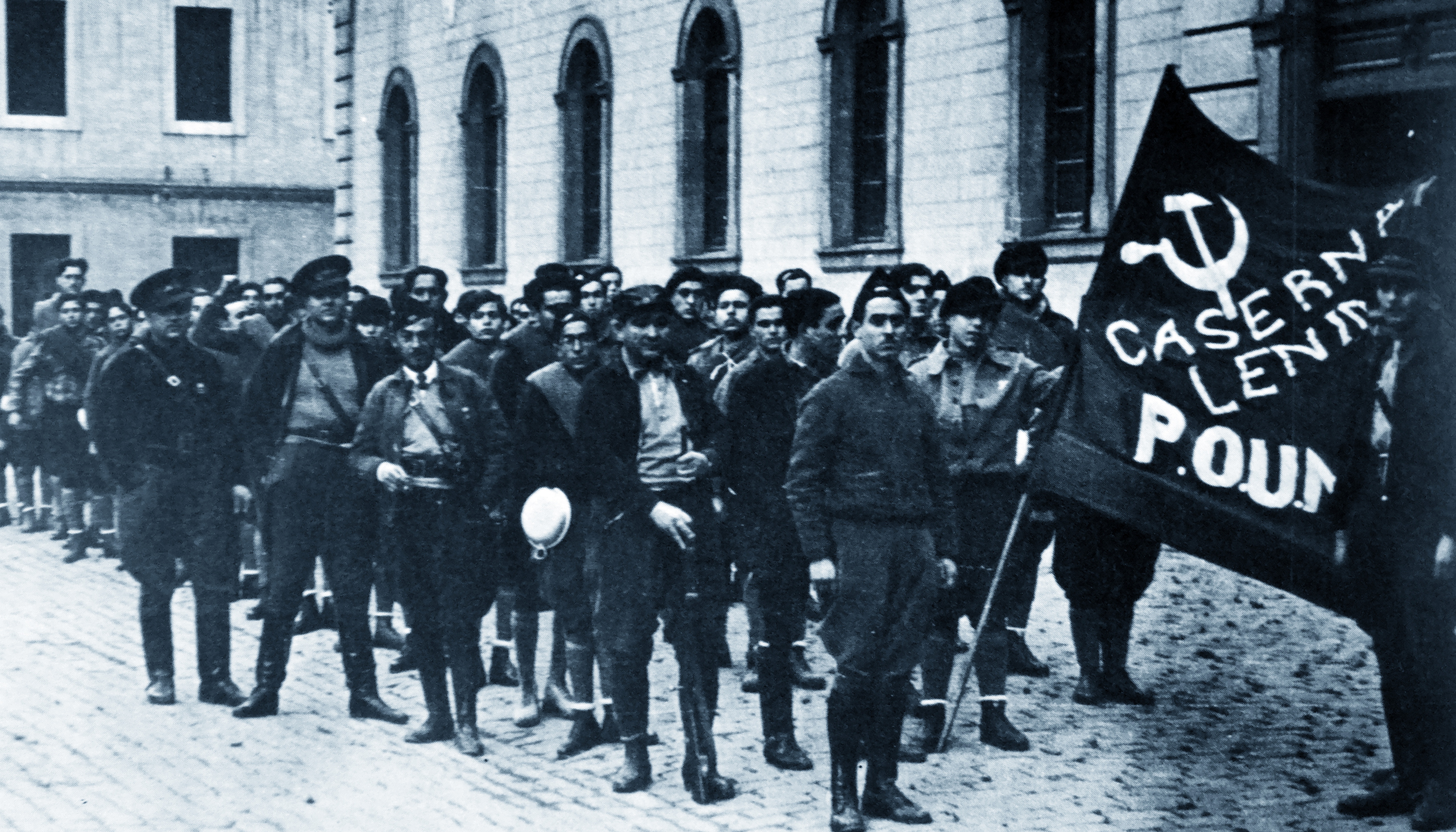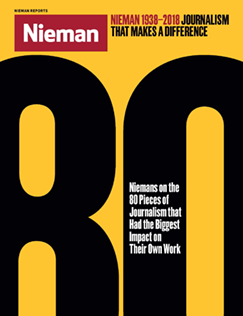
Members of the POUM, an anti-fascist political party, guard party headquarters in Barcelona in 1936. In the background stands British writer George Orwell
Comic strips in the newspaper were my entry drug into journalism when I was a child in the 1980s. I then begin experimenting with baseball box scores, and by the time I was 11 or 12 I had developed an addiction from which I would never be able to extricate myself.
But if I had to pick one piece of journalism that made a difference to me, I would choose “Homage to Catalonia” by George Orwell. Published less than a year after Orwell left Spain, when the civil war there still raged, it has the immediacy of traditional journalism, and it’s valuable
for that: Orwell attempts to be an honest observer in the face of enormous social pressure to toe one line or the other. And with the passage of time we know he got a lot right. But what endures more than that is the intimacy of his portrayal of men in that war, at that time and place: the filth and boredom, but also the generosity and comradeship.
He does this with a fine eye for detail and anecdote, but also because he doesn’t disguise his affection for those he writes about. There are scenes and passages I can recall easily from memory, and there are few books I return to as often.


